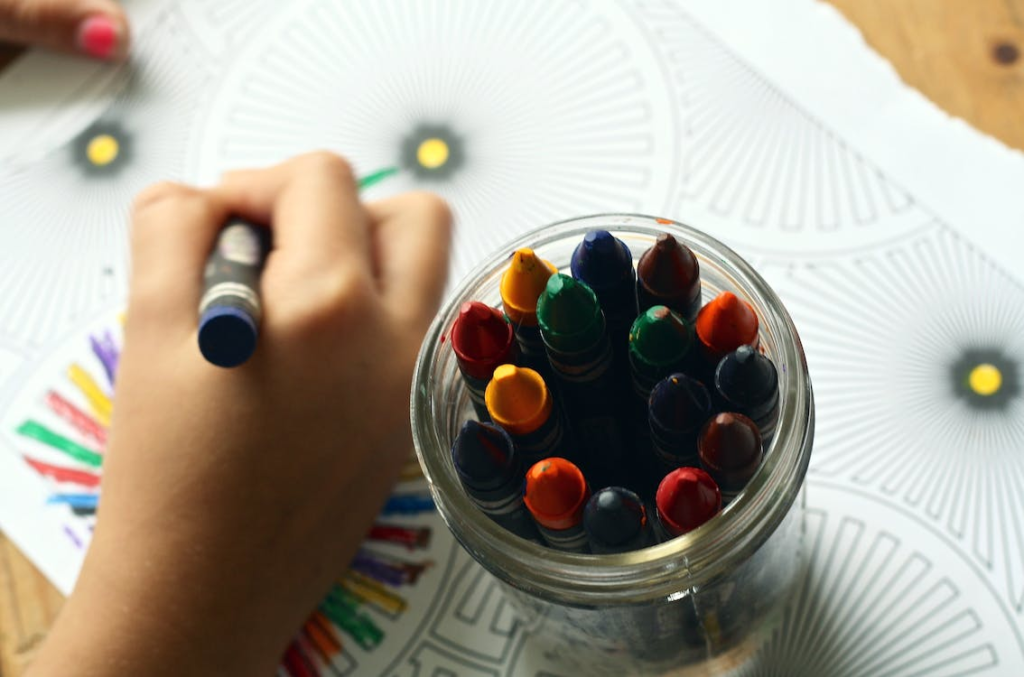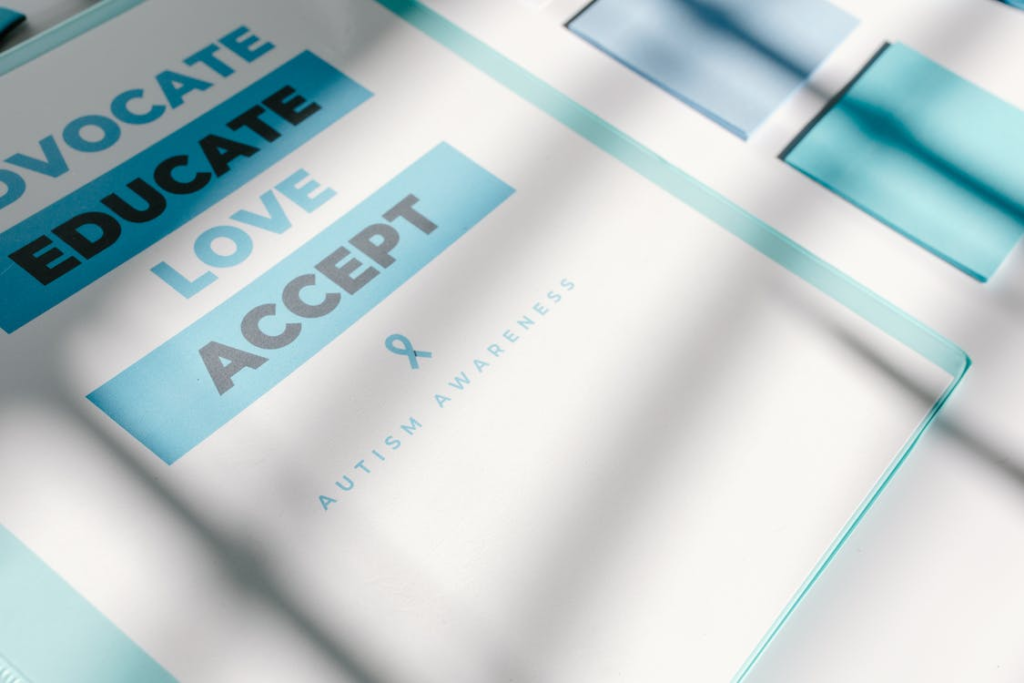Autism Spectrum Disorder (ASD) is a multifaceted neurodevelopmental condition that affects individuals in diverse ways, presenting unique challenges and strengths. From the distinct communication styles and sensory experiences to the diverse social interactions, autism encompasses a spectrum of experiences and needs.
In a traditional classroom setting, autism can present both challenges and opportunities for students that may have this condition, and therefore requires specialized approaches. In this blog, we’ll discuss the challenges and opportunities available to autistic children, and how our school KARUNA helps deliver the best education for autistic children.
5 Challenges Autistic Children Face in Classrooms
· Communication Barriers
Autistic children often struggle with expressive and receptive communication, making it challenging for them to convey their thoughts, feelings, and needs effectively. Verbal challenges may manifest as difficulty articulating words or sentences, while non-verbal communication cues such as gestures and facial expressions may be misunderstood or overlooked.
This barrier to communication can hinder their ability to actively participate in classroom discussions, share ideas, and form meaningful connections with peers and educators.
· Sensory Overload
Sensory sensitivities are common among autistic children, causing them to experience sensory overload in busy classroom environments. Everyday stimuli such as bright lights, loud noises, strong smells, and tactile sensations can overwhelm their sensory systems, leading to heightened anxiety and discomfort.
As a result, autistic children may struggle to concentrate on academic tasks, process information, and engage in learning activities effectively. Sensory overload can significantly impact their overall well-being and academic performance in the classroom.
· Social Interaction Difficulties
Understanding and navigating social interactions present significant challenges for autistic children in classroom settings. They may struggle to interpret social cues, understand the nuances of social etiquette, and initiate or maintain conversations with peers.
Difficulties in understanding non-verbal communication cues such as body language and facial expressions can further hinder their ability to connect with others and form meaningful relationships. As a result, autistic children may feel isolated, excluded, or misunderstood by their peers, impacting their social development and sense of belonging in the classroom.

· Repetitive Behaviors and Routines
Many autistic children rely on repetitive behaviors and adherence to routines as coping mechanisms to navigate their environment and manage anxiety. These behaviors, such as rocking back and forth, hand-flapping, or insistence on sameness, serve as a source of comfort and predictability for autistic children.
However, in a classroom setting, these repetitive behaviors may disrupt the flow of learning activities, distract other students, and challenge educators in maintaining a structured and engaging learning environment. Understanding and addressing these behaviors with patience, understanding, and appropriate interventions are essential to supporting autistic children in the classroom.
· Executive Functioning Challenges
Executive functions such as organization, planning, time management, and impulse control pose significant challenges for autistic children in academic settings. Difficulties in executive functioning can manifest as forgetfulness, disorganization, difficulty following multi-step instructions, and challenges in initiating and completing tasks independently.
These executive functioning challenges can impact their ability to stay focused, prioritize tasks, manage deadlines, and regulate emotions effectively in the classroom. As a result, autistic children may require additional support, accommodations, and strategies to help them overcome these challenges and succeed academically.
Leveraging Strengths and Opportunities at KARUNA
As the premier Autism School in Hyderabad, KARUNA believes in recognizing and harnessing the unique strengths and opportunities that each autistic student brings to the classroom. Here’s how our experts deliver education for autistic children.
1. Personalized Learning Plans
At KARUNA School, each autistic student benefits from meticulously crafted personalized learning plans. These plans are tailored to address the specific needs, abilities, and learning styles of individual students. Through comprehensive assessments and collaborative consultations with educators, therapists, and parents, we ensure that every aspect of your child’s educational journey is carefully considered and optimized for their success.
2. Sensory-Friendly Environments
Recognizing the profound impact of sensory experiences on learning and well-being, we prioritize creating sensory-friendly environments in its classrooms. Soft lighting, calming colors, and designated sensory zones are integrated into the classroom design to minimize sensory overload and provide a nurturing space where autistic children can thrive. By fostering an atmosphere of tranquility and comfort, we empower students to engage fully in the learning process without the distraction of sensory challenges.

3. Specialized Interventions
KARUNA School offers a spectrum of specialized interventions designed to address the special needs of autistic students comprehensively. These interventions encompass a variety of therapeutic modalities, including speech therapy, occupational therapy, and social skills training. By targeting specific areas of development such as communication, social interaction, and self-regulation, these interventions equip autistic students with the skills and strategies they need to navigate the challenges of daily life and succeed academically and socially.
4. Inclusive Classroom Practices
Inclusion lies at the heart of our school’s educational philosophy, with a commitment to creating classrooms where every student feels valued, respected, and included. Our educators embrace diverse learning styles and preferences, employing differentiated instruction and universal design principles to accommodate the individual needs of each student. Through collaborative group activities, peer mentoring programs, and positive reinforcement strategies, KARUNA School fosters a culture of acceptance and belonging where differences are celebrated as strengths.
5. Multidisciplinary Support Team
KARUNA School’s multidisciplinary team comprises a diverse group of professionals, including educators, therapists, counselors, and support staff, all dedicated to providing comprehensive support for autistic students. This interdisciplinary approach ensures that the special needs schools in Hyderabad, of each student are addressed from multiple perspectives, allowing for a holistic understanding of their strengths, challenges, and potential.

Enroll Your Child in KARUNA!
Understanding autism is essential for providing effective support and education for autistic children. And our experts at KARUNA are fully committed to embracing the diversity of the autism spectrum and empowering every child to reach their full potential. To learn more about our specialized programs and services, explore our website.
Our special needs education centers are ideal spaces for all neurodiverse or neuroatypical children, as it is our mission to create inclusive communities where every individual is valued and celebrated. From personalized curriculum planning to hiring clinical educationists, we have done it all to create the ideal learning environment.
Get in touch with us should you require more information before enrolling.
